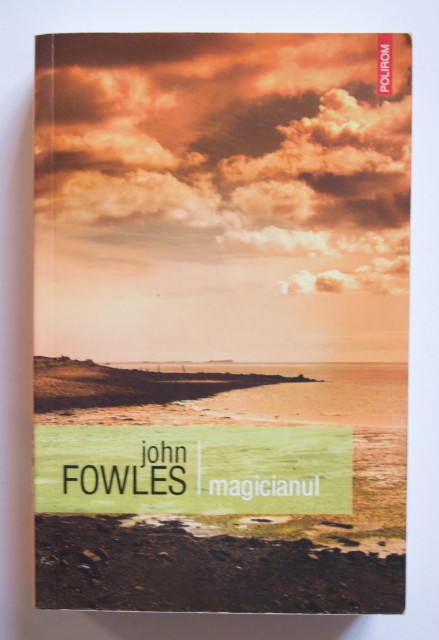
Ambre Solaire and olive oil stains gave it translucent page corners. I read its central chapters on Logaras beach from where the early evening view of Naxos, across the bay, carves almost too clear, distorting distance with light a constant play of real and mirage.Īs the narrative challenged and re-challenged, the sun-baked pages became a diary of occasions on which I had flicked back, attempting to impose a structure on the shifting sands of the story. The novel, originally entitled The Godgame, makes a game of what is real and what is artifice, of perception and of identity. "The Greece of the islands is Circe still so beautiful, quiet and empty that it verged on the terrifying." That summer The Magus captured it. It was not the generous Aegean spring but the burnt melancholic landscape of early September that drew me to Paros.

But I recognised the "uncanny" silences and the stark beauty.

I had swapped the "pine-forest silences" of the Saronic isles for the blue and whitewashed circle that is the Cyclades in general, Paros in particular.

Written from the perspective of Nicholas Urfe, a young schoolteacher in the 1950s, the novel's fictional "Phraxos", based on the island of Spetses where Fowles taught in a boarding school in 1951 and 52, is different in character from my beloved Paros.


 0 kommentar(er)
0 kommentar(er)
